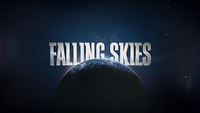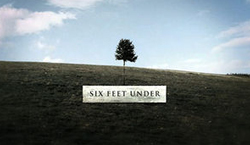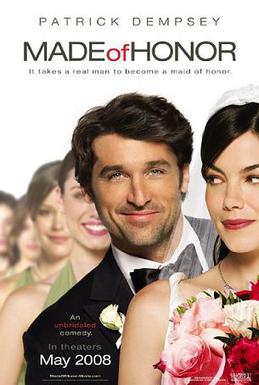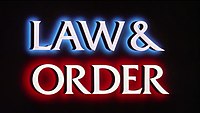Lists





5 Books
Read Books
Sort by:
Recent Desc
More lists by Ayyappadas Vijayakumar



Weirdest things I have watched on TV yet
List includes: Lost, Falling Skies, Twin Peaks
July 2022
0
@ayyappadasvijayakumar



Being human
TV shows that show you what it means to live life as a human being
May 2022
1
@ayyappadasvijayakumar



Watched Films
List includes: 500 Days of Summer, Hancock, Made of Honor
February 2022
0
@ayyappadasvijayakumar



Watched TV
What I have churned through until now
February 2023
0
@ayyappadasvijayakumar